300 manuals from publisher Graó, written by teaching professionals for teaching professionals
Subject: Psychology and Educational Sciences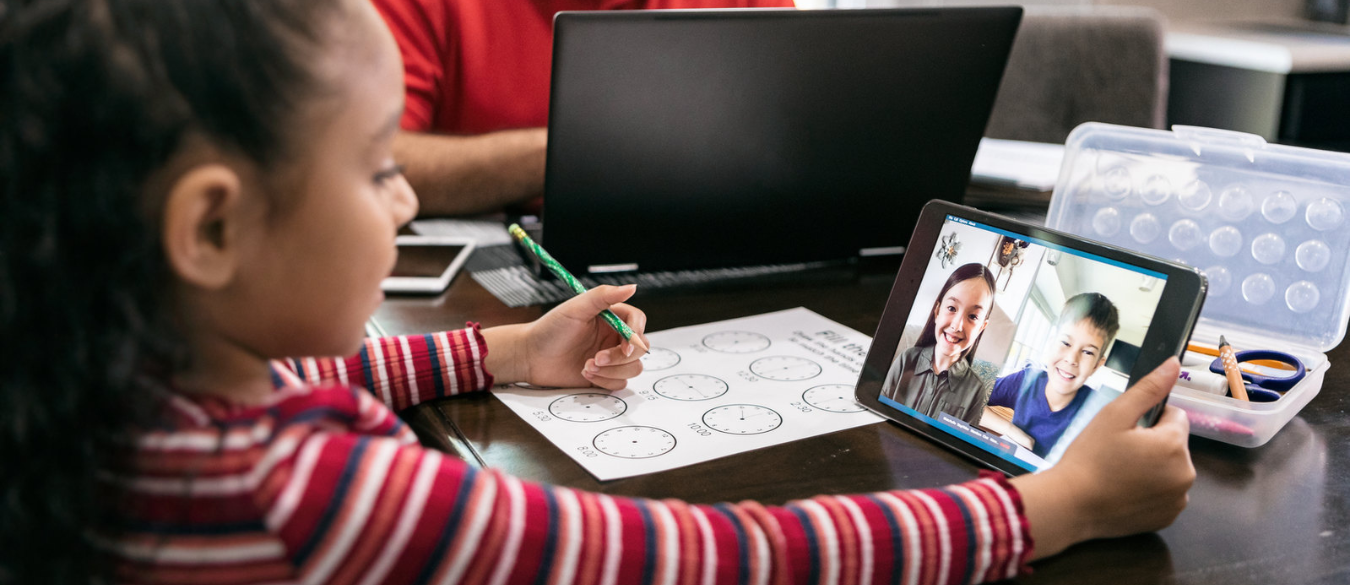
If you're an education sciences student, this collection is for you!
The manuals include books on educational assessment and suggested activities for creating digital content in the classroom.
Read and download the content, chapter by chapter. We explain how.
"The transformation of education begins with teachers": this is the theme of this year's World Teachers' Day (5 October). To mark the occasion, the Library is proud to announce the availability of e-Premium Graó Books, a new collection of manuals aimed at current and future education professionals.
The books cover all stages of education, focusing particularly on infant, primary and secondary education. They are manuals designed to help you develop your professional skills, reflect upon topics such as inclusive education and the digital transformation, and keep up to date on the latest research into education.
What are the collection's strengths?
- The books are published by Editorial Graó, which has years of experience specializing in the field of education.
- The collection's search engine is designed with teachers in mind and features filters to select content by stage of education or category.
- It boasts industry-leading authors.
- It can be accessed from any kind of device.
- It allows books to be read in two ways: with on online reader or by downloading them in EPUB format so that you have them always on hand to read anywhere, any time.
- It is regularly updated with new titles.
- The majority of the manuals are published in Spanish and Catalan.
Where can I access the books?
You have two options for reading Editorial Graó's books, both of which involve you entering your Virtual Campus ID and password:
- Using the Library search engine. Editorial Graó's books form part of the Library's catalogue, meaning that, if you already know the title of the manual you're looking for, you can put it into the search engine and it will appear amongst the results. Click on the Available online button and a new window containing information on the book will open.
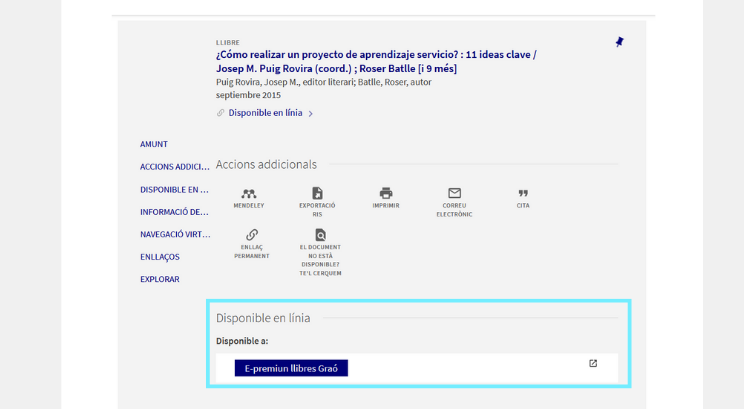
- On e-Premium Graó. To explore the complete list of available manuals, go directly to this platform. Enter the keyword in the collection search engine and filter by author, stage of education, book collection or category. Choose a result and a tab with the book's details will open.
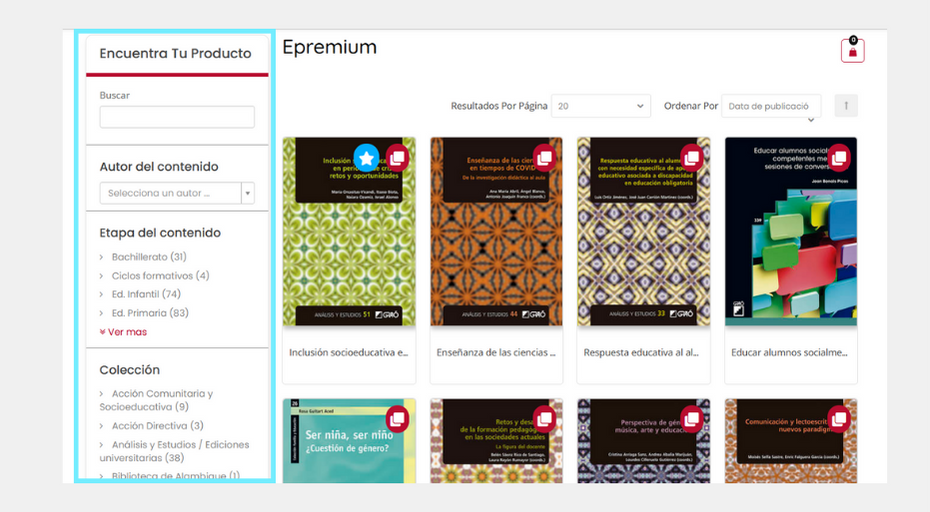
How can I read a book?
After you've chosen the book you want to read, follow these steps
- Both reading and downloading can be done on a chapter-by-chapter basis. Click on the title of any of the chapters and you'll see the options available to you in the right-hand margin.
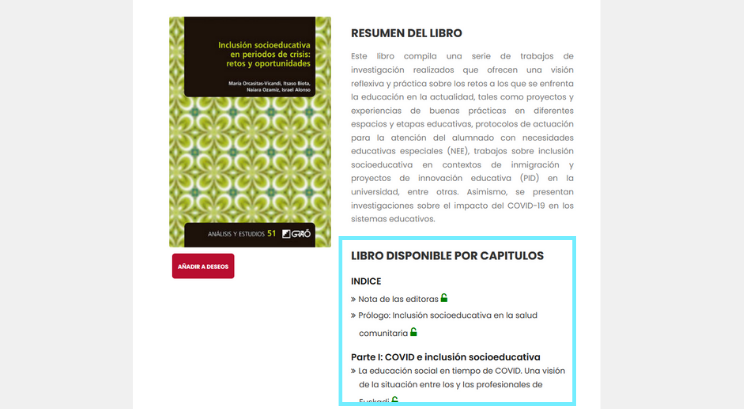
- 2) Once you've chosen the chapter, you can click on either the "read" or the "download" icons. If you click on the read icon, you'll open the online reader, while if you choose the download icon, you'll download an EPUB file that you can open with any reader that supports the format, such as Calibri or Adobe Digital Editions.
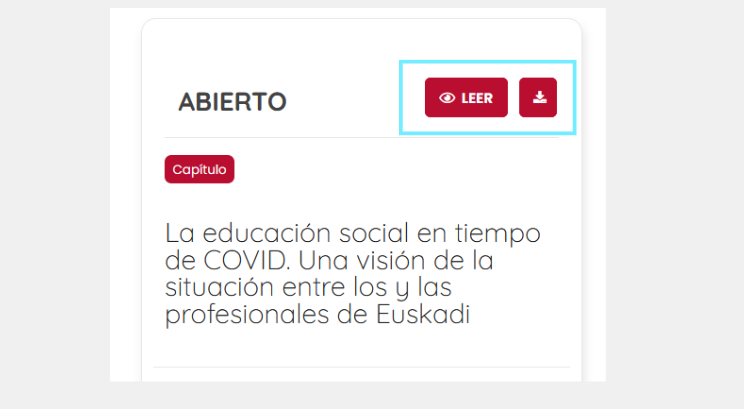
Some examples
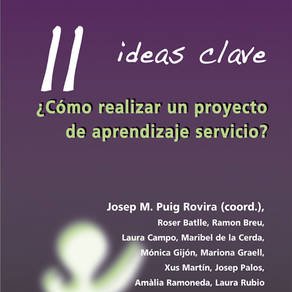
What if a proposed classroom activity involved a blood drive promotional campaign? This book explains how to infuse life into a service learning project, allowing students to apply what they learn to the real world. It includes practical suggestions, examples and resources for education centres and social organizations.
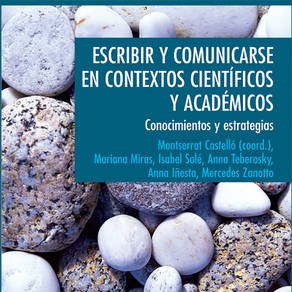
This manual has two goals: to provide support to students dealing with writing an academic text for the first time and to provide tips for teaching staff on guiding and helping them. It describes each of the writing process stages when drawing up a final degree project or doctoral thesis and, once this has been done, how to transform this text into a clear a concise presentation.
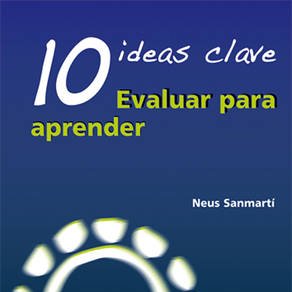
Do, assess, improve. It is based on this logic that this book takes a detailed look at assessment strategies and methods, with the aim of improving teaching quality. In a clearly structured way, the author explains each of the 10 ideas she puts forward, from both a theoretical and a practical standpoint. For example, she argues that assessment is the driving force behind learning, mistakes are useful for regulating learning and that the use of different tools can improve it.
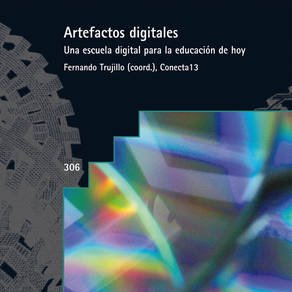
How can we transfer "digital artefacts" to the classroom? This manual provides suggestions and tools for creating digital content like podcasts, animations, blogs, comics, apps, photos and videos as part of an education programme. It is designed for any stage of education and contains numerous links to examples of projects and resources.
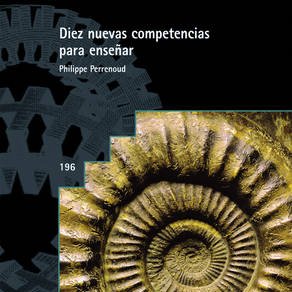
A guide designed for primary and secondary school teachers, which seeks to understand the direction in which the teaching profession is heading. It places the emphasis on new skills: those that should guide initial and continuing education, those contributing to the fight against school failure and developing civic awareness, and those that leverage research and emphasize reflective practice.
In addition to this new book package, the Library also subscribes to Editorial Graó's journals, with articles on research, good practices and discussions on educational research and innovative education experiences.
If you have any questions, please feel free to contact us via our The Library Replies service.
Experts
Àgueda Mercadal
Operative subgroup: Librarian for Psychology and Education, vocational training Operative group: Library for Learning


